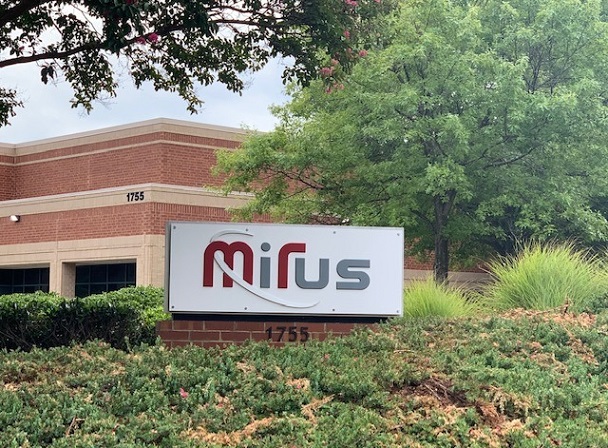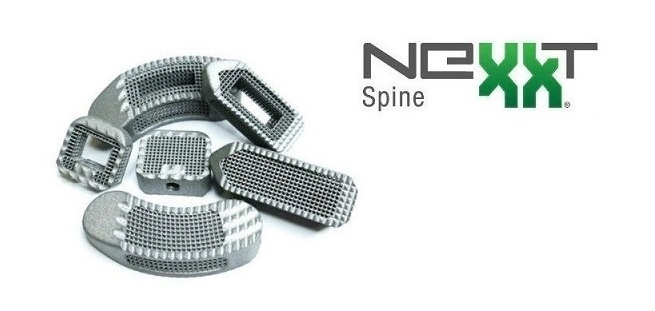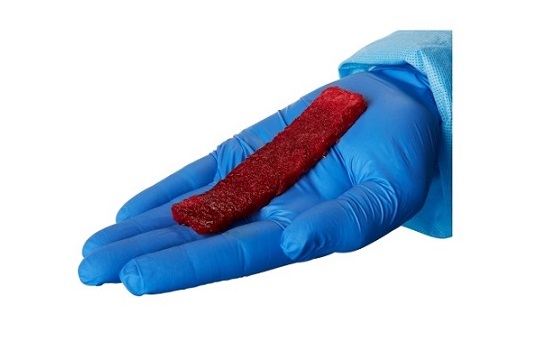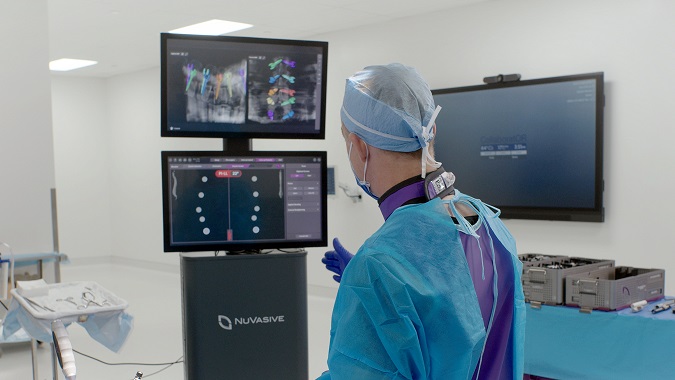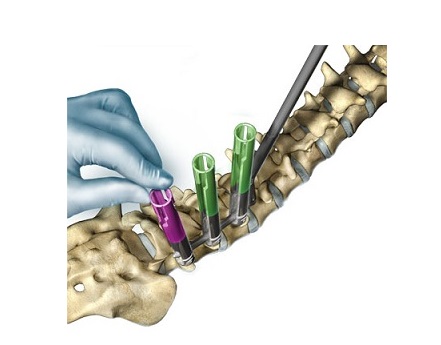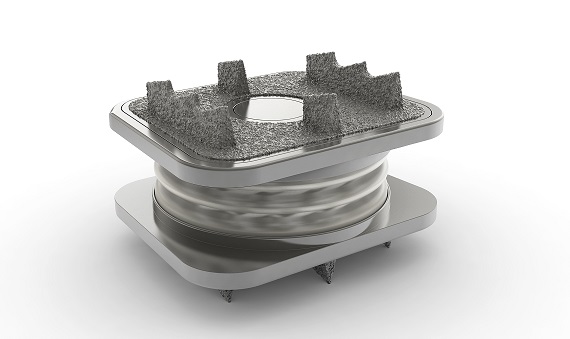ATLANTA, July 27, 2021 /PRNewswire/ — MiRus LLC, a commercial stage life sciences company, has completed a highly oversubscribed funding round for growth of its spine and extremity portfolios and development of structural heart disease solutions using its proprietary Rhenium-based alloys (MoRe®). The round was led by Mammoth Scientific and multi-generational family offices who have supported MiRus from its inception.
MiRus has broad global patent coverage for all medical implants made from Rhenium-based superalloys which have superior mechanical strength, fatigue resistance and dramatically better biological performance as compared to traditional titanium, cobalt and nickel-based alloys used in medical implants.
“We are delighted to see the validation and excitement around our Rhenium-based materials since FDA clearance of the first MoRe®-based spine implant in 2019,” said Jay S. Yadav MD, Founder and CEO, ” This funding will allow us to meet the overwhelming demand from spine surgeons across the country for our highly differentiated products and procedural solutions using the MoRe® superalloy and continue our planned expansion into other important areas including structural heart disease.”
Bill Gallagher, MiRus Board of Directors, indicated “Our implant technology is making complex spine surgeries less invasive and more durable. The remarkable properties of MoRe® allow us to offer the MoRe® Promise: if the MoRe® rod ever fails leading to revision surgery, MiRus will pay for the cost of all revision implants. This has set a new bar for performance and trust in spine surgery.”
Tommy Martin, CEO of venture capital firm Mammoth Scientific stated “We are excited to partner with the blue chip team at MiRus and see the application of its disruptive technology platform across medical implants. MiRus has already revolutionized spine surgery and has a remarkable pipeline for groundbreaking products in complex extremity surgery and TAVR (transcatheter aortic valve replacement).”
MiRus spine implants are distributed through leading hospitals and surgery centers around the country. Mahesh Krishnan, Chief Commercial Officer stated, “Over the last two years, spine surgeons have been highly enthusiastic regarding our lumbar and cervical products and in response we are rapidly expanding our product portfolio with launches of highly innovative offerings for expandable and standalone interbodies, adult and pediatric deformity systems and posterior cervical systems. We are also thrilled to be launching GALILEO™ RPM (Remote Physiologic Monitoring), the only spine surgery focused outcomes and analytics platform. We are rapidly expanding our national sales and distribution network with multiple contracts with GPO, IDN, IHN and regional health networks around the country.”
About MiRus, LLC.
MiRus is a life sciences company headquartered in Marietta, Georgia that has developed and is commercializing proprietary novel biomaterials, implants and procedural solutions for the treatment of spine, orthopaedic and structural heart disease. Find out more information about MiRus at www.mirusmed.com.
* MiRus™, MoRe® and GALILEO™ are all registered trademarks of MiRus, LLC.
| Contact: Mahesh Krishnan Chief Commercial Officer | Pam Cowart VP of Clinical Affairs |
| mkrishnan@mirusmed.com 770-317-5564 | pcowart@mirusmed.com 770-861-4804 |
SOURCE MiRus

